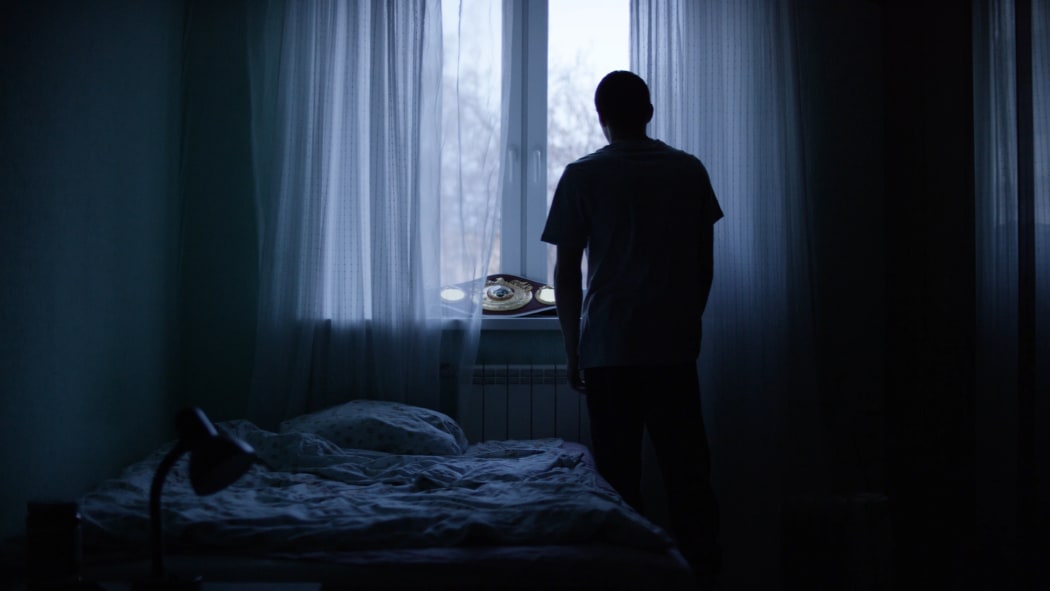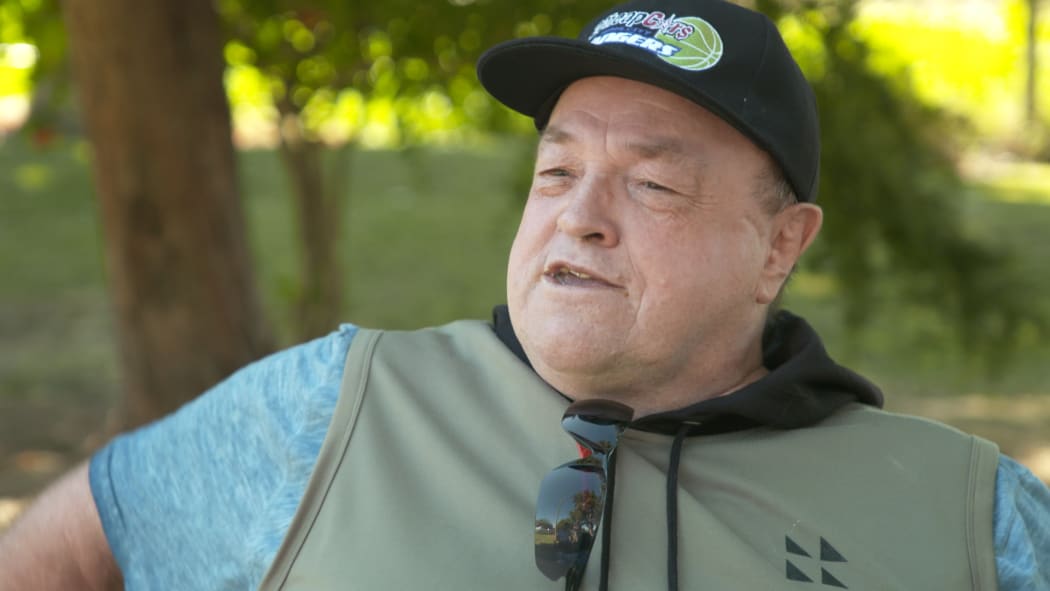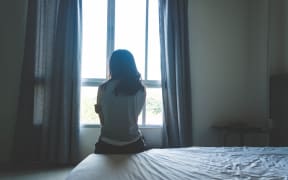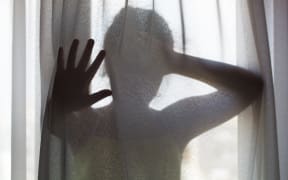Survivors of abuse in state care have shared harrowing details of the harm they suffered by those who were supposed to be looking after them.

(File image). Photo: 123RF
The Royal Commission investigating the abuse has for the first time been publicly hearing evidence from survivors, their advocates, lawyers and researchers. The commission is looking at what happened to children, young people, and vulnerable adults in both state and faith-based care between 1950 and 1999, and will report and make recommendations to the government in 2020 and 2023.
Today, Keith Wiffin and high-profile former inmate Arthur Taylor gave evidence. Almost 30 people in total will be called to give evidence over the next two weeks.
Mr Wiffin was abused at the state-run Epuni Boys' Home in Lower Hutt when he was a child. He arrived at the home - run from the late 1950s - not long after his father's death.
He said the abuse started in the van on the way to the way to the home, when another child smashed a guitar over his head.
He told the inquiry its staff were also very violent and made it clear the children there were second class citizens.
"They were to be obeyed at all times, and to not obey them was to risk corporal punishment," Mr Wiffin said.
He said he was later abused by the house master, Alan Moncreif-Wright, who later pleaded guilty to sexually assaulting three victims, including Mr Wiffin, in 2011.
"I remember the first time that he abused me. He found a reason, a pretext, to send me to my room, and he came back and sexually abused me. That was the first time of many."
He told the inquiry he wasn't the only person sexually assaulted at the home.
"I'll never actually forget being locked in a room in one of the wings and the boy in the next room being raped by a staff member. And me wondering when [it] was going to be my turn."
Mr Wiffin left Epuni Boys' Home but was placed back in its care not long after. He told the inquiry he wasn't sexually abused during his second stint but staff were just as violent as before.
"Boys were being taken away, for example, at the weekends by staff members back to their own residence, and being abused and coming back after the weekend."
Like many of the children who lived at the home, Mr Wiffin said he later got involved with the wrong crowd and soon had a criminal record.
"I drifted from menial job to menial job, from boarding house to boarding house. Abusing alcohol, linking up with other boys from the Epuni Boys' Home, getting into trouble, getting myself a criminal record. I got off to a very bad start."
Decades later, Mr Wiffin made a complaint to the Ministry of Social Development but was told there was nothing to substantiate his claims. He told the inquiry nothing would change until there was a culture shift at the relevant government agencies, and that abuse cases should be handled outside of the courts.
"There needs to be an independent claims process put in place that deals with the merits of the claims. It needs to be independent of the Ministry of Social Development, who represent the perpetrators - that's how we see them. We see them like that because that's what they are."
Another who gave evidence was high-profile former inmate and 'jailhouse lawyer' Arthur Taylor, who was released on parole earlier this year having spent 39 of the past 46 years in prison. Taken to Epuni Boys' Home in the 1960s when he was 11 years old, he said staff were violent and would punish children for no reason.

Arthur Taylor. Photo: RNZ
"They had a massive leather strap that they used to really whip you with. I remember one night I was in the showers and I had been whacked with this strap several times for some transgression, and one of the other boys said 'look at those big welts up your back, Arthur'. They'd been belting the hell out of my back with the leather strap, and that was a punishment for whatever the heck I'd done," Mr Taylor said.
Judge Carolyn Henwood spent years speaking to more than 1000 victims of abuse, as the chair of a confidential panel that assisted survivors.
She also recommended an independent authority to deal with complaints.
"You can't underestimate how serious some of these cases are. If you want to bring a case on sexual abuse or rape or something, you have to go through the whole police process, and it's very long, very draining, very complex and very difficult. So if you're a child in care, your options are 'look after yourself' basically," Judge Henwod said.
The hearing in Auckland will resume on Wednesday morning.





